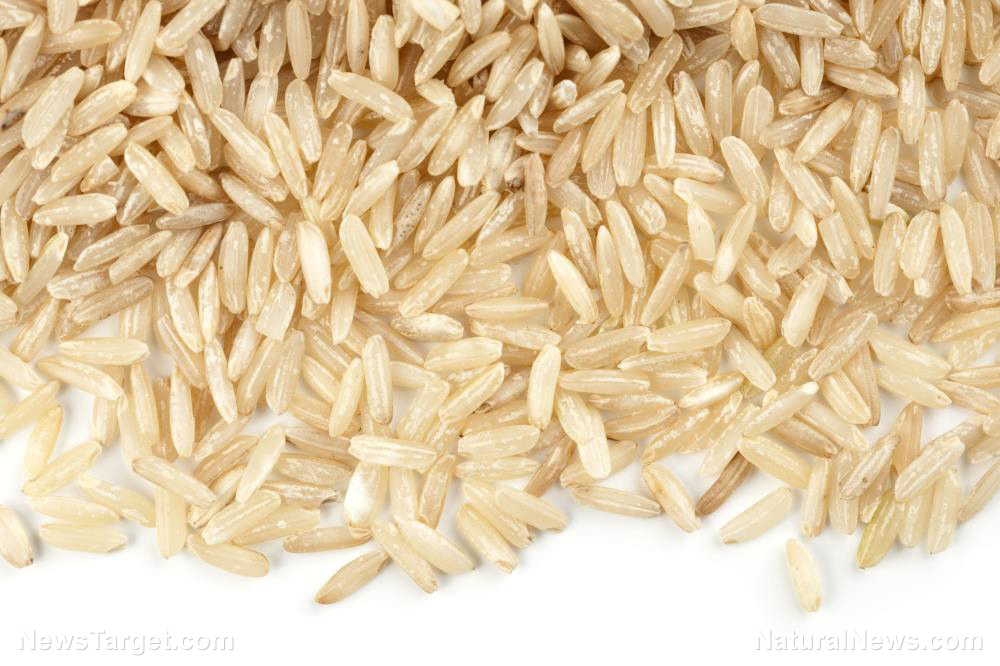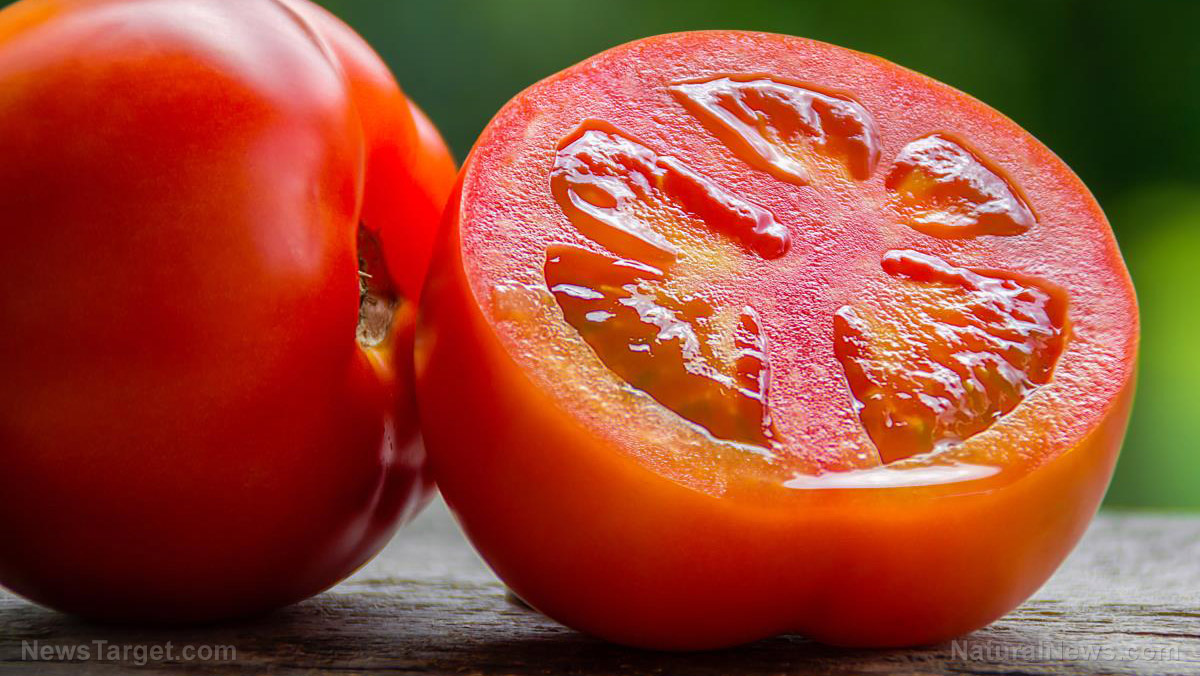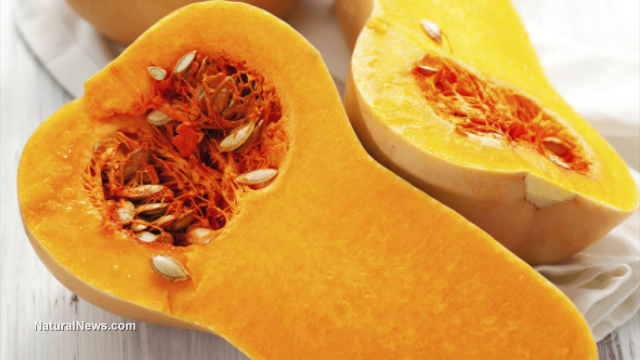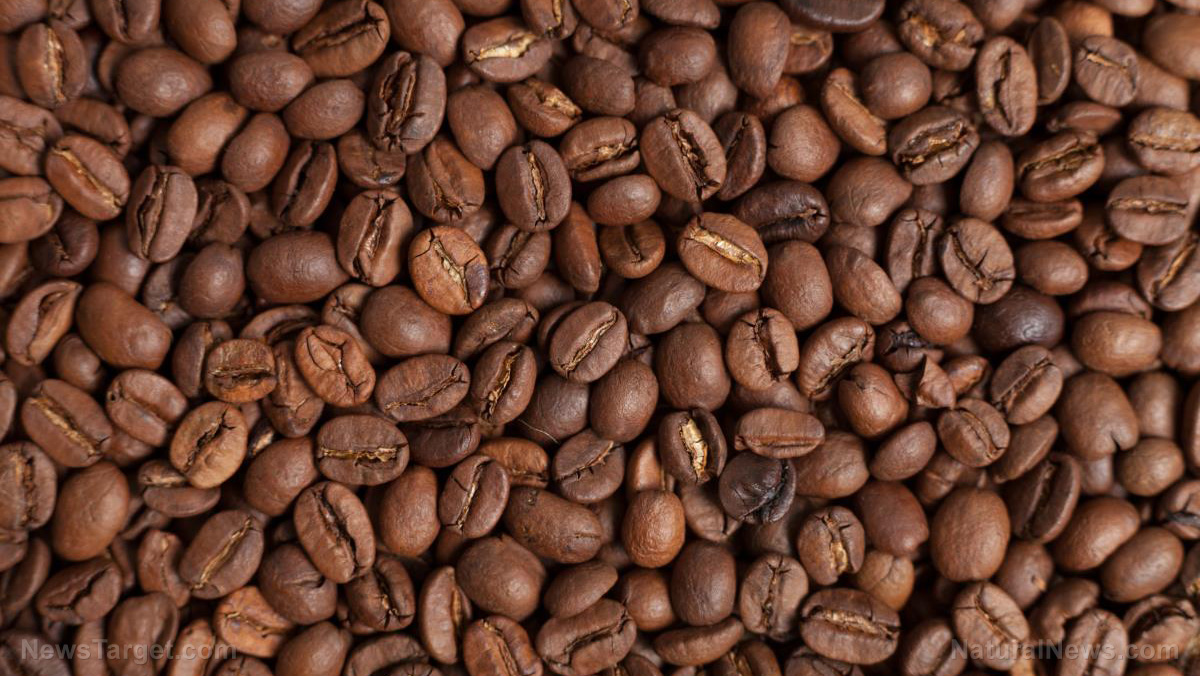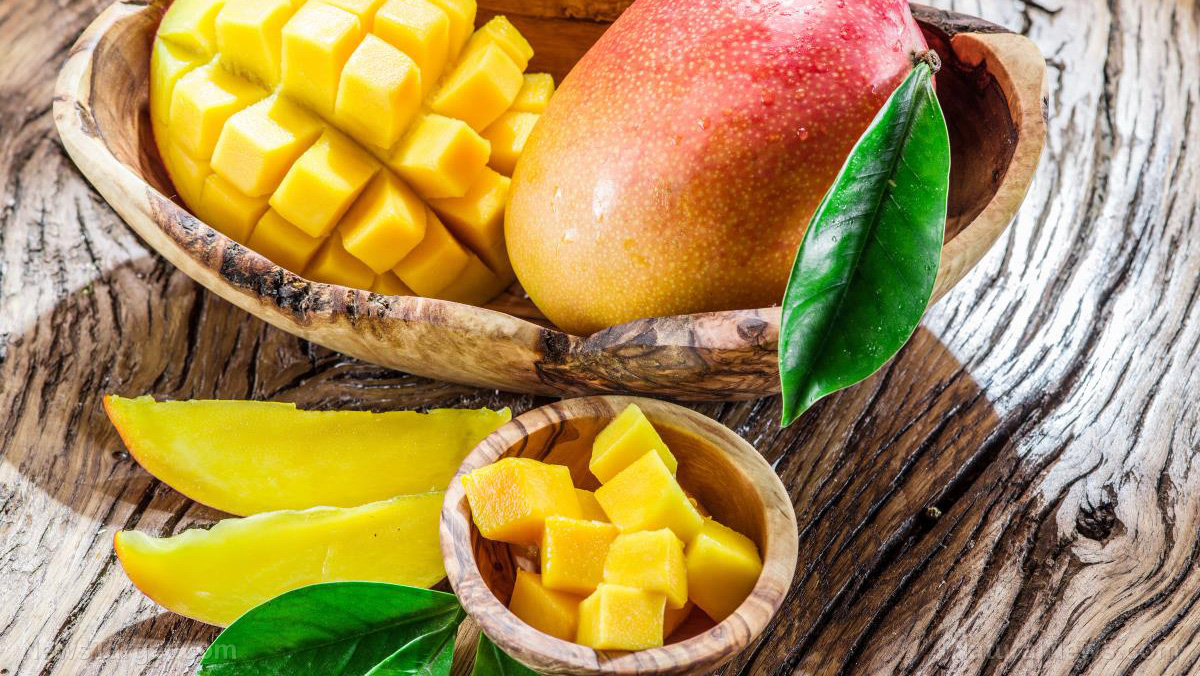Why the Indian olive is one of the best superfoods of all
08/30/2018 / By Michelle Simmons

The olive tree (Olea ferruginea Royle) is one of the most important fruit trees in the world. It has been known for treating infectious diseases. Researchers at University of Azad Jammu and Kashmir in Pakistan provided scientific evidence of the beneficial properties of the olive plant.
For the study, the researchers looked at the phenolic contents, antimicrobial, and antioxidant activities of the olive plant. They used three crude extracts of the leaf and bark extracts of the olive tree: chloroform, ethanol, and methanol extracts.
To identify the phenolic contents of olive leaf and bark extracts, they used the Folin-Ciocalteu Spectrophotometric method. They assessed the plant’s antimicrobial activity against gram-positive bacteria Bacillus subtilis and Staphylococcus aureus, gram-negative Escherichia coli, and yeast strains Candida albicans and Saccharomyces cerevisiae by disc diffusion method. Moreover, they analyzed the antioxidant activity of the olive plant through the DPPH (2,2-diphenyl-1-picryl-hydrazyl-hydrate) assay.
Based on the results, the bark extracts of olive had the highest phenolic content. In terms of antimicrobial activity, both the ethanol and methanol extracts exhibited inhibitory activity against both gram-positive and gram-negative strains. Only the methanol extract of leaves demonstrated inhibitory activity against yeast strains, while the chloroform extracts were found inactive against the bacteria and yeast strains tested. Methanol extracts of leaves and bark of olive had the highest antioxidant activities among the three crude extracts.
The many benefits of the olive plant
Olive trees are native to Asia Minor, have spread all over the Mediterranean from 6,000 BC. The leaves of the olive tree were first used in Ancient purposes for medicinal purposes. Today, it is well-known for its health benefits. Olive has also become the main ingredient in the Mediterranean diet, which has been proven to provide various health benefits, especially to the cardiovascular system and overall health. (Related: 11 Delicious Key Ingredients that Make The Mediterranean Diet So Nutritious.)
Studies published in the New England Journal of Medicine had suggested that consuming more than four tablespoons of extra virgin olive oil each day can dramatically reduce one’s risk of cardiovascular problems, such as heart attacks, stroke, or even death due to a heart disease. Olive oil, which is derived from the fruits of the olive tree, is rich in a type of fat known as monounsaturated fat. This can help reduce cholesterol levels, as well as control insulin levels in the body.
In addition, researchers uncovered the benefits of a polyphenol found abundantly in olive leaves and fruit known as oleuropein. This polyphenol has been revealed to have anti-inflammatory and antioxidant effects. Because of its antioxidant properties, it can protect against cancer. Oleuropein is also good for the cardiovascular system as it can help reduce bad cholesterol and blood pressure, as well as prevent the formation of plaques in the arteries. Thus, preventing heart attack and stroke. It can also improve age-related illnesses.
Olives also contain a compound called oleocanthal, which has powerful anti-inflammatory properties. Consuming olive, particularly olive oil, can naturally reduce the pain of chronic inflammatory diseases, such as arthritis. Both olives and olive oil may also prevent ulcers because of their antimicrobial properties. Eating olives will also help boost iron levels in the body. Iron is essential in the formation of hemoglobin and helps build the enzymes responsible for regulating immune function and cognitive development.
Read more news stories and studies on superfoods like olives by going to SuperFoods.news.
Sources include:
Tagged Under: Antimicrobial, antioxidant, food as cures, ingredients, natural medicine, Olea ferruginea Royle, olive, olive bark, olive extracts, Olive Leaf, olive oil, olive tree, Olives

